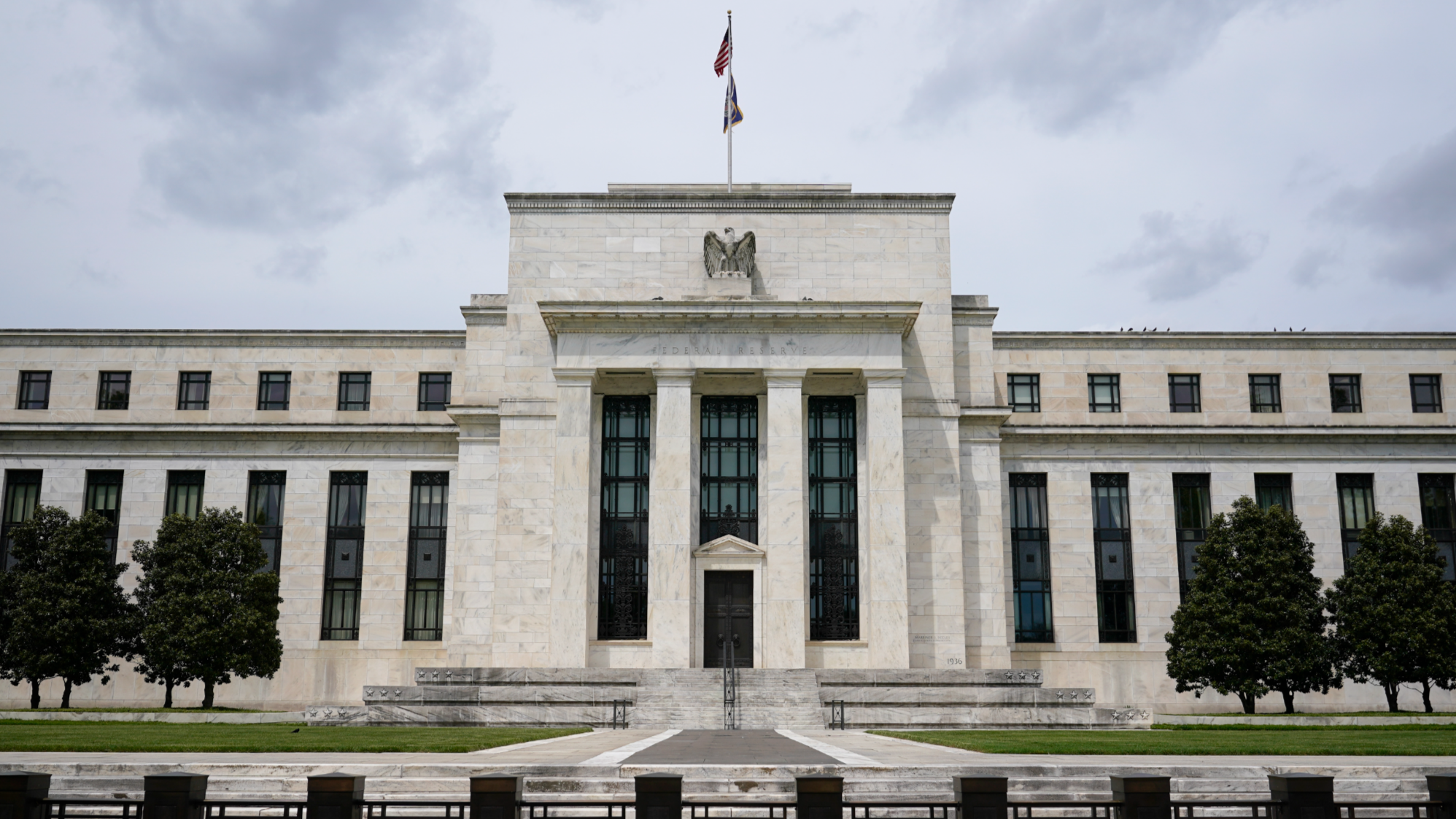
WASHINGTON — The International Monetary Fund urged Asian central banks on Thursday to focus on domestic inflation and avoid tying their policy decisions too closely to anticipated moves by the US Federal Reserve.
Receding expectations for a near-term interest cut by the US central bank have fed steady dollar gains that have pushed down some Asian currencies such as the Japanese yen and the South Korean won.
Bank of Korea Governor Rhee Chang-yong told a separate IMF seminar on Wednesday that fading Fed rate-cut chances have caused headwinds for the won, and complicated the South Korean central bank's decision on when to start reducing borrowing costs
The IMF's staff analysis showed that US interest rates have a "strong and immediate" impact on Asian financial conditions and exchange rates, Krishna Srinivasan, director of the lender's Asia and Pacific Department, said in a briefing on the region's outlook.
READ MORE: IMF chief warns of risks despite positive global growth outlook
"Expectations about Fed easing have fluctuated in recent months, driven by factors that are unrelated to Asian price stability needs," he said.
"We recommend Asian central banks to focus on domestic inflation, and avoid making their policy decisions overly dependent on anticipated moves by the Federal Reserve," he said.
"If central banks follow the Fed too closely, they could undermine price stability in their own countries."
The remarks underscore the dilemma some Asian central banks face as the recent Fed-driven currency market swings complicate their policy path.
Bank of Korea Governor Rhee Chang-yong told a separate IMF seminar on Wednesday that fading Fed rate-cut chances have caused headwinds for the won, and complicated the South Korean central bank's decision on when to start reducing borrowing costs.

In a sign Asian central banks won't get much respite from the dollar's ascent, New York Federal Reserve President John Williams said on Thursday the strong state of the US economy meant there was no pressing case for an imminent rate cut.
In its World Economic Outlook, released earlier this week, the IMF expects Asia's economy to expand 4.5 percent this year, down from 5.0 percent last year but an upward revision of 0.3 percentage points compared to the October forecast
Srinivasan, who spoke during the IMF and World Bank spring meetings in Washington, said many Asian countries have seen their currencies depreciate against the dollar, reflecting the interest-rate differential with the US.
He said the yen's recent falls, while "quite significant," also reflected the divergence between US and Japanese rates.
"When you have that kind of volatility, central banks should focus on fundamentals," such as domestic inflation, he said.
In its World Economic Outlook, released earlier this week, the IMF expects Asia's economy to expand 4.5 percent this year, down from 5.0 percent last year but an upward revision of 0.3 percentage points compared to the October forecast.
READ MORE: IMF chief urges policymakers to 'deal decisively with inflation and debt'
It expects the region to grow by 4.3 percent in 2025.
Also among risks to Asia were trade curbs adopted at a rapid pace, he said.
"Few regions have benefited as much from trade integration as Asia," Srinivasan added. "Hence, geoeconomic fragmentation continues to be a large risk."


